Happiness is the absence of the striving for happiness
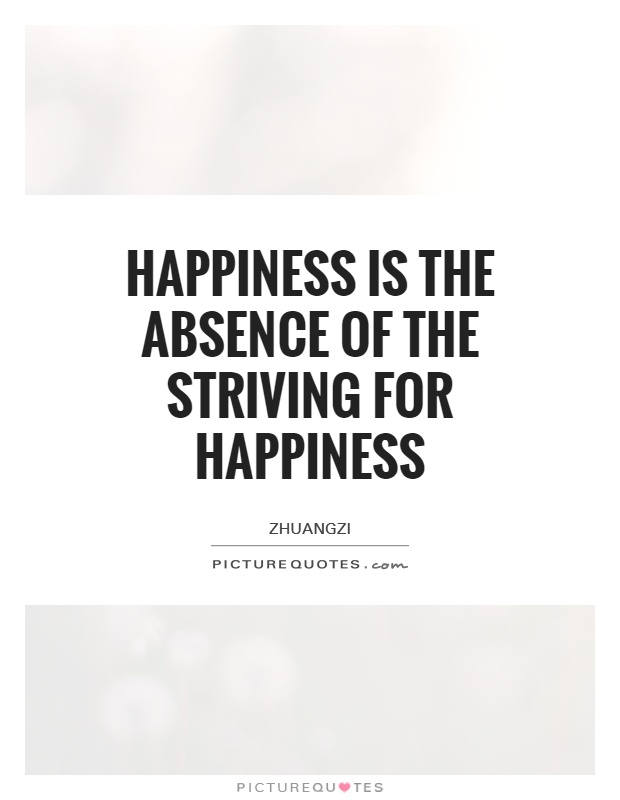
Happiness is the absence of the striving for happiness
In the context of Zhuangzi, a Chinese philosopher and writer from the Warring States period, the idea that "happiness is the absence of the striving for happiness" holds significant meaning. Zhuangzi's philosophy emphasizes the importance of living in harmony with the natural order of the universe and finding contentment in the present moment. This concept challenges the conventional notion that happiness is something to be pursued and achieved through external means.According to Zhuangzi, true happiness cannot be found through the relentless pursuit of material wealth, status, or power. Instead, he suggests that happiness is a state of being that arises when one is able to let go of their desires and expectations. By releasing the need to constantly strive for happiness, individuals can experience a sense of inner peace and contentment that transcends external circumstances.
Zhuangzi uses the metaphor of the "uncarved block" to illustrate this idea. The uncarved block represents the natural state of being before it is shaped and molded by external influences. By returning to this state of simplicity and purity, individuals can find true happiness and fulfillment. This concept is echoed in Zhuangzi's famous quote: "Happiness is the absence of the striving for happiness."
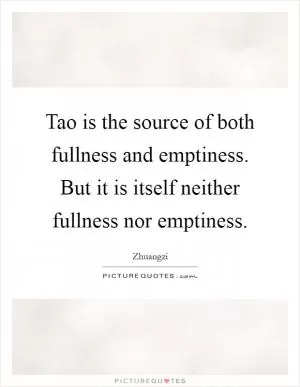
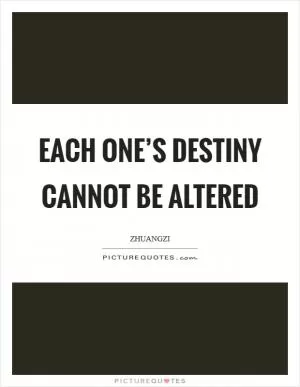

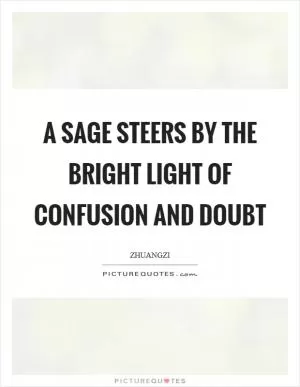

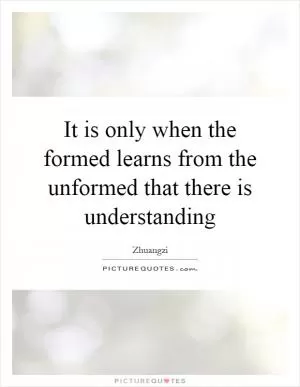




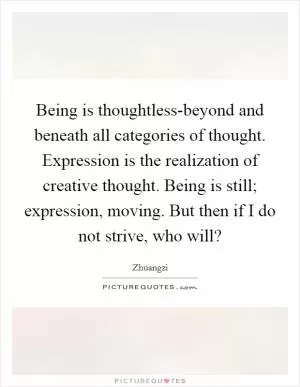

 Friendship Quotes
Friendship Quotes Love Quotes
Love Quotes Life Quotes
Life Quotes Funny Quotes
Funny Quotes Motivational Quotes
Motivational Quotes Inspirational Quotes
Inspirational Quotes